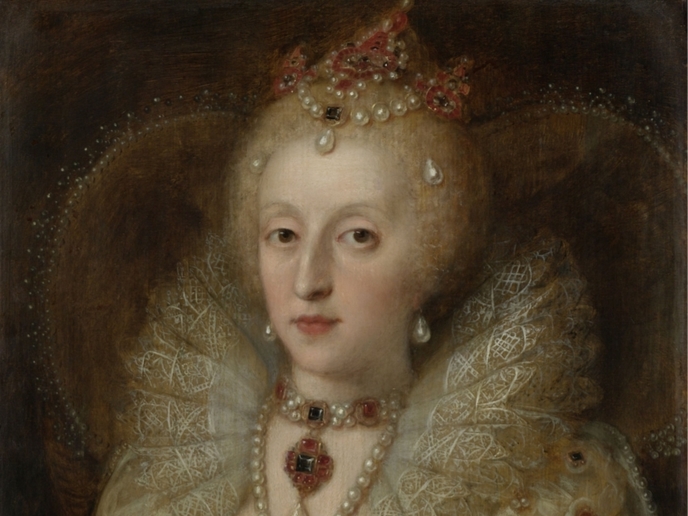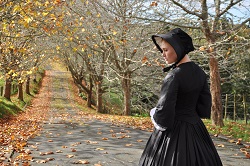Looking beyond the perspectives of Elizabethan England
Throughout early modern Europe, responses to Elizabeth I were being developed across the Renaissance continent through novels, dramas and travel narratives. These texts, however, have often been neglected or referenced briefly as points of illustration. They have also been viewed as belonging to discrete national traditions of literary production instead of being integrated into a Europe-wide vision of cultural debate and exchange. Equally striking is that these texts have not been considered in recent centuries for their theatrical potential nor placed in close conversation with Elizabethan literary production. Seeking new perspectives The COEED project sought to change this. This multilingual, multidisciplinary and very distinctively European research project into a political culture studied around the globe, interrogated the very construction of national literary traditions across several European nations. Professor Andrew Hiscock (Bangor University, Wales), the project’s principal investigator, under the supervision of Professor Nathalie Vienne-Guerrin (Université Paul-Valéry Montpellier 3) notes: “At a critical time when European society is exercised by questions of national interest, the possible parameters of its community and suspicion of external cultural influence, COEED invested in challenging the premises often underpinning such thorny debates.” Research leading the way The main goals of the project were linked to how understandings of Elizabethan England contributed and continue to contribute to European cultural life. Prof. Hiscock further points out: “With such a wide-ranging project, the overall key findings have inevitably been many and various, extending over a range of different disciplines.” For one, the project engaged in completely original research into Elizabethan history, Shakespearean drama and the ways in which early modern Renaissance writers on continental Europe chose to decipher Elizabethan culture. “The project also demonstrated that in opposition to the conventional narrative of the growing cult of a national poet, this account of Shakespeare was neither inevitable nor devoid of dissent at home or abroad,” adds Prof. Hiscock. Nonetheless, it remains abundantly clear that Shakespearean narratives and narratives of Elizabethan England have attained a truly international currency speaking in a host of different ways addressing the challenges and traumas of life lived in 21st century society. Moving past obstacles The unexpected wealth of materials in a range of European languages responding to Elizabethan culture in literary and political genres was the most challenging aspect of COEED, but this was more than compensated by “the degree of enthusiasm amongst audiences for this project’s goal of the Europeanisation of Elizabethan England and its luminaries,” comments Prof. Hiscock. Furthermore, maintaining a research conversation with an ever-growing network of colleagues around the world during the Marie Skłodowska-Curie fellowship was not an easy task. The solution inevitably meant “investing an increasing amount of time in European archives and with academic and non-academic audiences and collaborators to understand fully the growing complexity of the chosen field of study,” emphasises Prof. Hiscock. Continuing the work The project envisages further European collaborations in interdisciplinary scholarships, research and social outreach between Prof. Hiscock, Bangor University in Wales and the Institute for Research on the Renaissance, the Neo-Classical Age and the Enlightenment (IRCL, UMR5186 CNRS) at the Université Paul-Valéry University Montpellier 3. COEED also aims to continue working with outreach groups in France and the United Kingdom to access non-academic audiences for the project’s research and for its continuing development.







